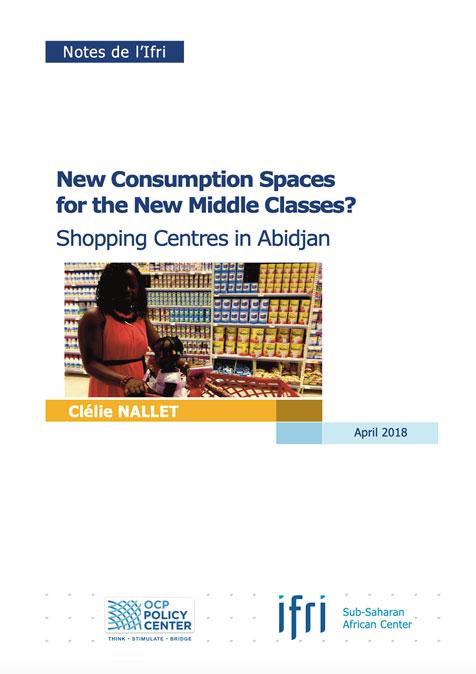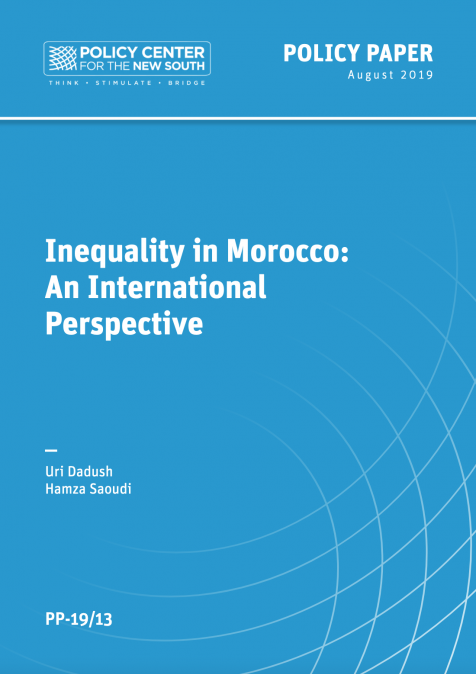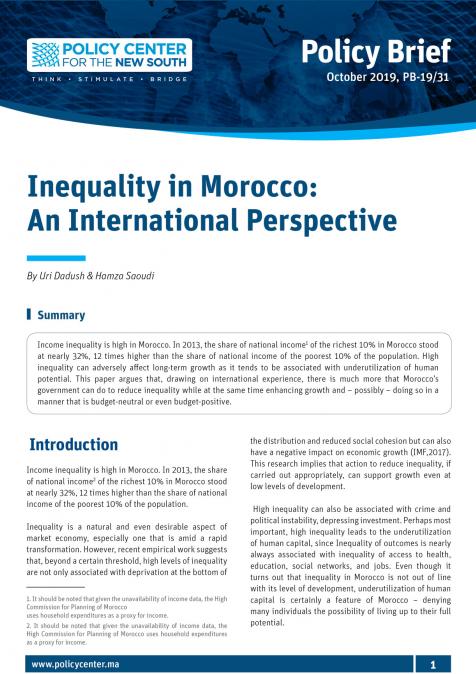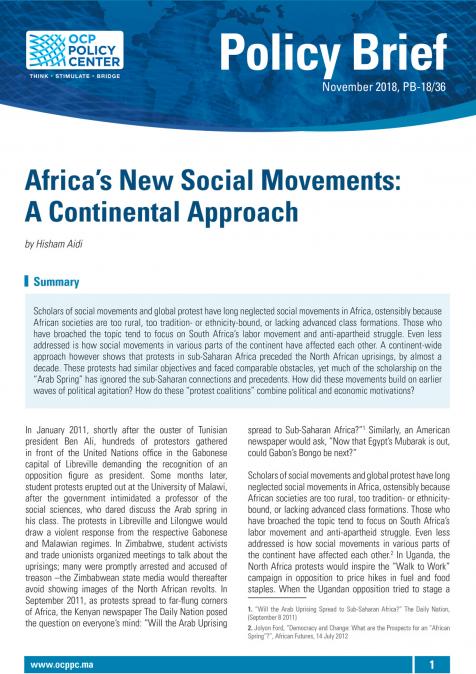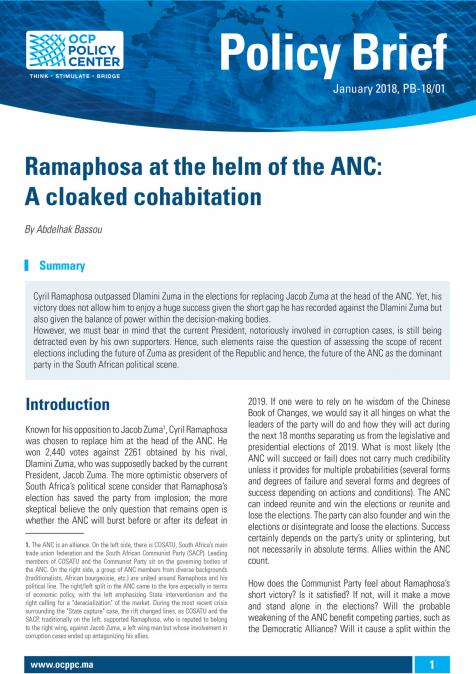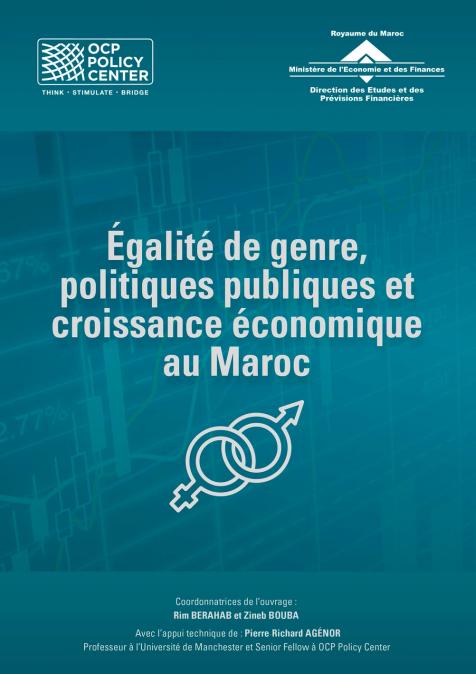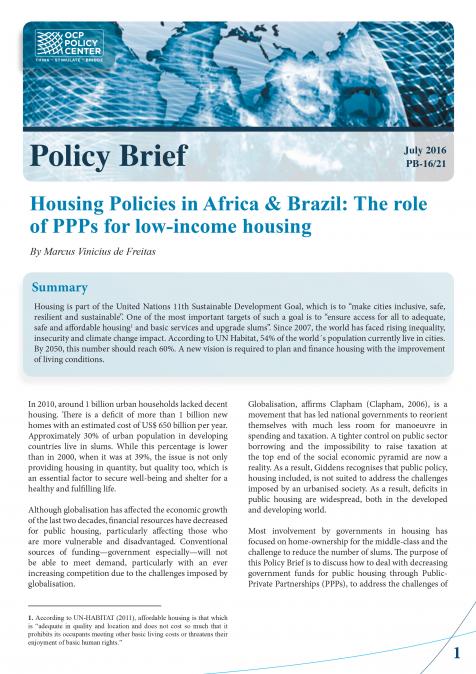Publications /
Policy Paper
Policy Paper
New Consumption Spaces for the New Middle Classes ? Shopping Centres in Abidjan
April 23, 2018
Since 2011 and the end of the post-election crisis, Côte d’Ivoire has returned to impressive economic growth. The country and its capital are drawing attention from a growing number of investors, and the “Abidjanian middle classes” are widely publicised and sought after. At the same time, Abidjanian consumption spaces have become particularly diversified and transformed. Abidjan provides many options for consumers who are operating in a competitive environment with a wide selection in terms of places, products and services. The new shopping centres are commonly associated with the middle class. But what realities and social developments do they really represent?

